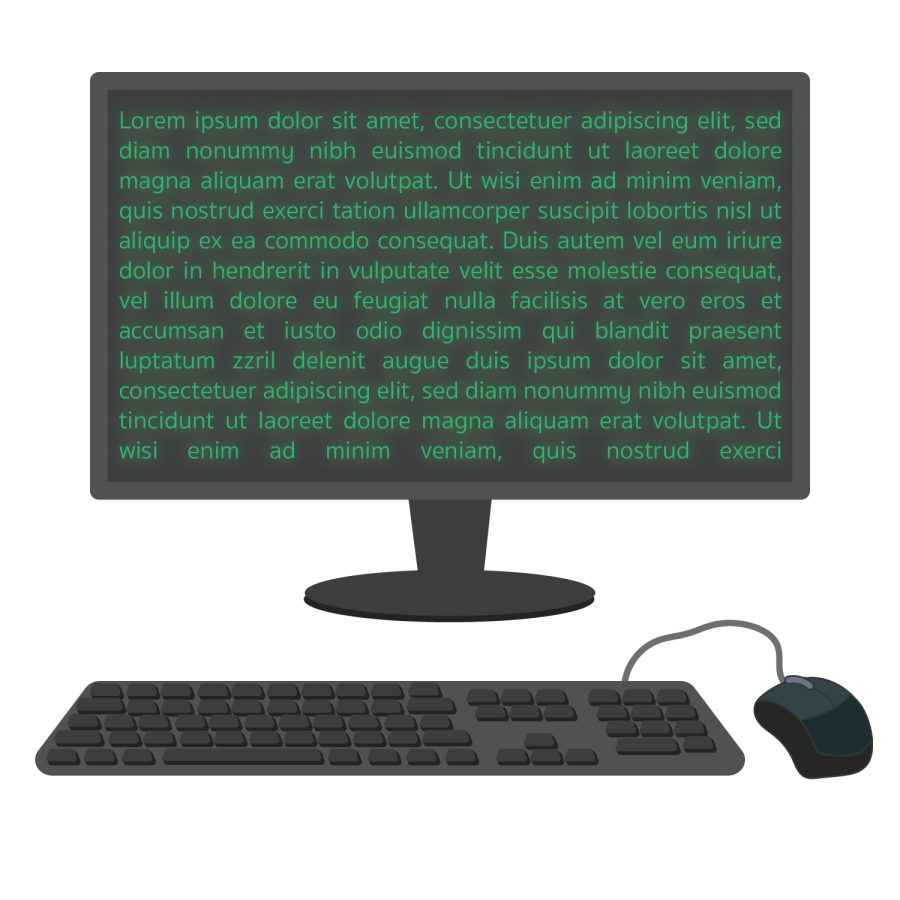ChatGPT Advances Education through AI
ChatGPT, developed by OpenAI, is a language model that has been revolutionizing the way we interact with computers. With its advanced artificial intelligence capabilities, ChatGPT has been making waves in a wide range of industries, from customer service to entertainment. However, one area where ChatGPT has particularly been making a difference is education.
In recent years, the education sector has seen a significant shift towards technology-driven solutions. With the increasing availability of online resources, students and teachers alike have been looking for innovative ways to make learning more accessible and interactive. ChatGPT has been playing a crucial role in this transformation.
One of the most significant benefits of ChatGPT in education is its ability to provide instant and personalized responses to students’ questions. Whether it’s a simple query about a concept or a more complex question requiring in-depth research, ChatGPT can provide accurate and comprehensive answers in a matter of seconds. This has proven to be particularly helpful for students who are struggling with a particular subject or need clarification on a particular topic.
Another way in which ChatGPT is being used in education is as an educational assistant. ChatGPT can assist teachers in creating educational content and materials, such as quizzes, worksheets, and even lesson plans. With its advanced natural language processing capabilities, ChatGPT can understand the context and requirements of a particular lesson, and generate content accordingly. This not only saves time for teachers, but also helps to ensure that the materials being used are of high quality and relevant to the students’ needs.
In addition to being a valuable resource for students and teachers, ChatGPT is also proving to be an excellent tool for educational research. With its vast database of information, ChatGPT can be used to analyze data and identify patterns in educational outcomes. This can help researchers to understand the impact of various teaching strategies and educational policies on student learning. By providing insights into the most effective methods of teaching, ChatGPT has the potential to revolutionize the way education is delivered.
Despite the numerous benefits that ChatGPT has brought to the education sector, there are also some concerns that need to be addressed. One of the primary concerns is the potential for ChatGPT to replace human teachers. While ChatGPT has proven to be an excellent tool for supplementing education, it cannot replace the human connection and personal attention that a teacher provides.
Another concern is the potential for ChatGPT to perpetuate biases and misinformation. As with any AI system, ChatGPT’s responses are only as good as the data it is trained on. If the training data contains biases or inaccuracies, these can be reflected in ChatGPT’s responses. To mitigate this risk, it is important to carefully curate the data used to train ChatGPT and regularly monitor its responses to ensure they are accurate and free from bias.
In conclusion, ChatGPT has the potential to be a game-changer in the field of education. Its ability to provide instant and personalized responses, assist with content creation, and support educational research, makes it a valuable tool for both students and teachers. While there are concerns that need to be addressed, such as the potential for bias and the need to maintain the human connection in education, ChatGPT has already demonstrated its potential to positively impact the education sector.
This article was entirely written by ChatGPT.




